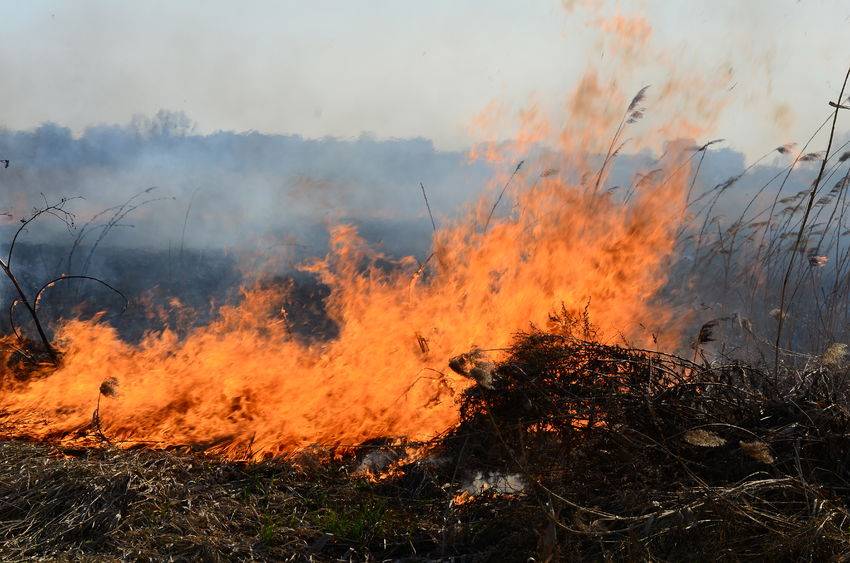
After a year in which Scotland’s worst wildfires in living memory scorched farmland, threatened livestock and stretched land managers to their limits, organisations are coming together to learn lessons and strengthen defences against future outbreaks.
The summit, held in the Cairngorms National Park, brings together the Scottish Fire and Rescue Service (SFRS), NatureScot, Scottish Land and Estates, land managers, farmers and environmental groups.
Thirteen wildfire alerts were issued across Scotland this year, with Dava in the Highlands among the hardest-hit areas. Ministers say the scale of the damage and the effort needed to contain the blazes underline the urgency of improving prevention and resilience.
Agriculture Minister Jim Fairlie said the response required “an astonishing effort across so many sites” and paid tribute to those involved. “This is a chance for us to look at what worked, and what lessons we need to learn from what happened,” he added.
Community Safety Minister Siobhian Brown stressed that the government has been working closely with the SFRS, farmers, local communities and public sector partners since the fires, with an emphasis on resilience.
“We continue to support the full implementation of the SFRS wildfire strategy, which will see the continued roll-out this year of new equipment, vehicles and Personal Protective Equipment,” she said.
The SFRS reported that its crews had dealt with more than 200 wildfires across the country in 2023, with many lasting for days and consuming significant resources.
Assistant Chief Officer Jon Henderson warned that wildfires can devastate “vast areas of land and wildlife, threatening the welfare of nearby communities.”
He said the service would continue working with partners and landowners to reduce risk and “welcomed the opportunity to participate in this summit.”
From a land management perspective, the Cairngorms National Park Authority said the meeting would help consolidate existing work.
“Coming together at events like this will help strengthen that work and ensure we are as prepared and resilient as possible,” said Colin McClean, the park’s head of land management.
For farmers and rural businesses, the consequences of wildfires can be devastating, destroying grazing land, threatening livestock and undermining biodiversity projects that many holdings depend on.
Representatives at the summit stressed that closer collaboration between farmers, land managers and fire crews will be essential to build resilience in agricultural areas most exposed to wildfire risk.
Following the event, a roundtable with MSPs will be held after the parliamentary recess to share the outcomes of the wildfire discussions and give parliamentarians the opportunity to contribute before further steps are agreed.
Ministers say the lessons from this year’s unprecedented blazes will be crucial in protecting Scotland’s communities, landscapes and wildlife from the growing threat of wildfires.
